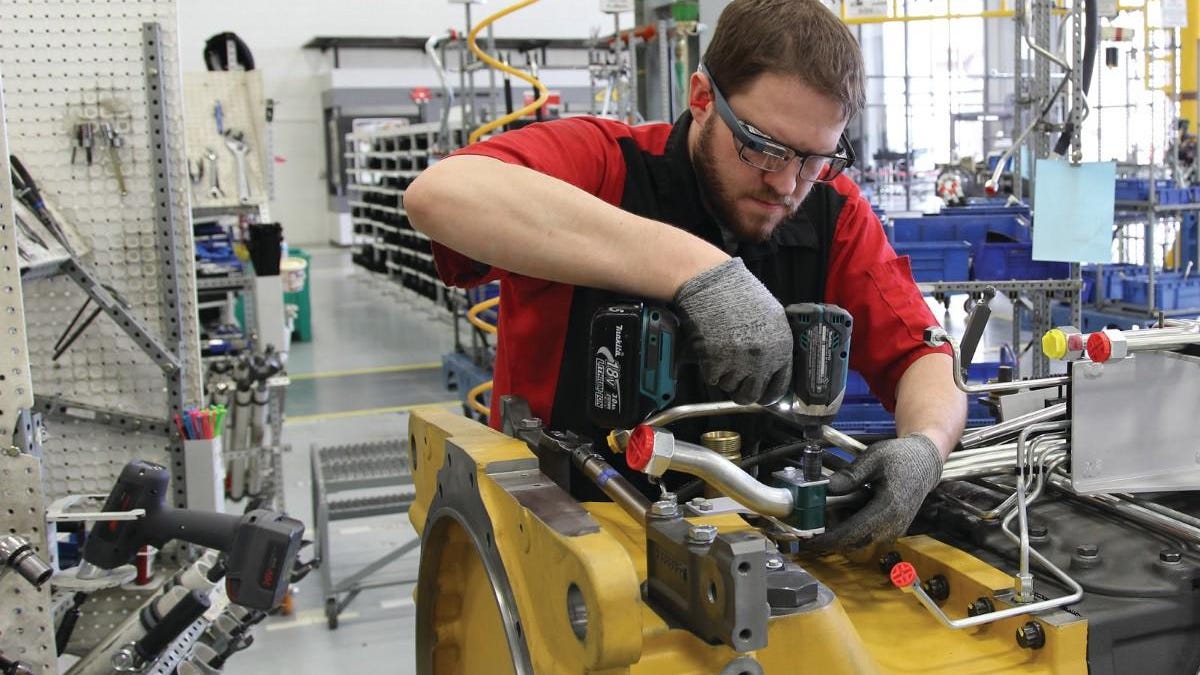Google Discontinues Google Glass AR Headset Again
The second iteration of the headset was geared toward the business sector rather than consumers.

Google Glass Enterprise Edition being used in the field.
Google will immediately stop selling its augmented reality glasses, the Google Glass Enterprise Edition 2, the company announced on a support page Wednesday. The announcement marks the second time in the past 10 years that Google has discontinued the head-mounted optical display.
Google has been active in VR and AR for years, making its first foray into sales of smart glasses in April 2013 with the release of Google Glass. However, the $1,500 headset was largely seen as expensive and invasive, and Google stopped selling its first Glass edition in January 2015.
Two years later, Google re-entered the market with a hardware revamp of Glass in a similar design. Instead of pursuing the consumer market, Google aimed the customizable Glass Enterprise Edition at the business sector, specifically factories and surgeons. The latest edition got a speed boost in 2019 with the addition of a faster Qualcomm XR1 chip, a low-power processor designed for lightweight AR and VR devices.
Though Google said it would stop selling the headset as of Wednesday, it plans to continue supporting the glasses until Sept. 15. Google said the glasses will continue to work after Sept. 15, but it doesn't plan to issue any software updates and its preinstalled Meet the Glass app may stop working after that date.
The support page didn't give a reason for the discontinuation, nor did a Google representative when asked. "For years, we've been building AR into many Google products and we'll continue to look at ways to bring new, innovative AR experiences across our product portfolio," the Google spokesman said.

